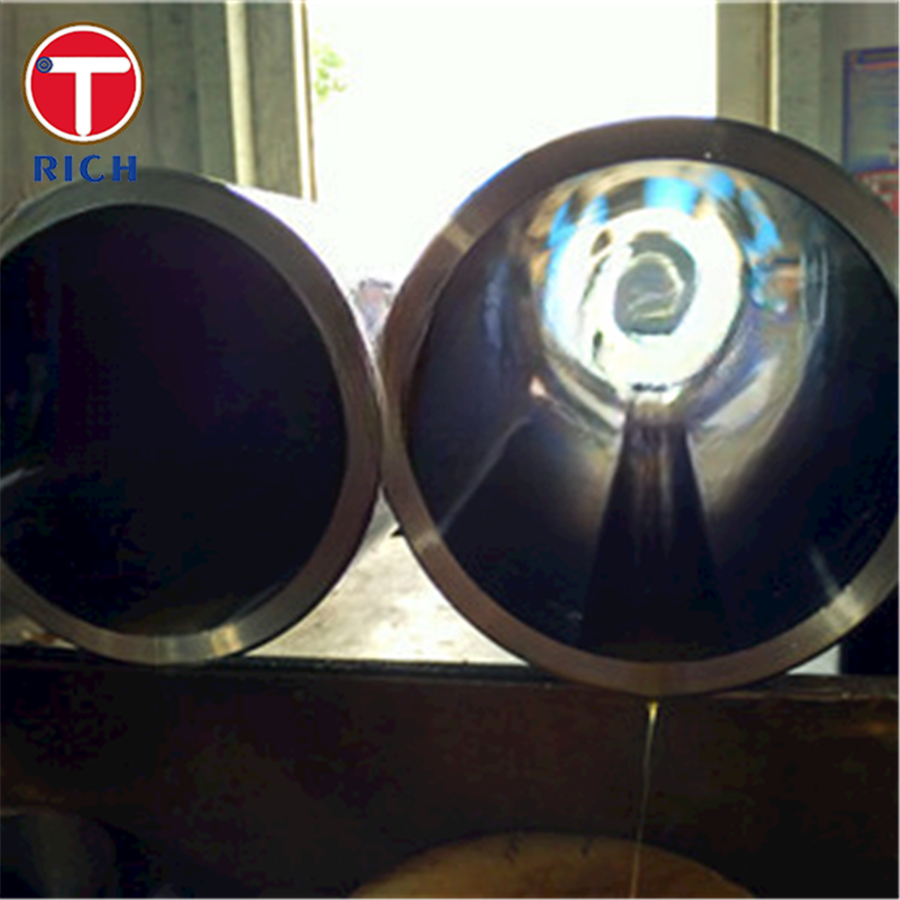
Mr. Richard SHEN
Leave a message
Mr. Richard SHEN
Leave a messageMany people wonder whether alloy steel, known for its exceptional strength and durability, is prone to rust when exposed to outdoor elements. In this article, we will explore this question and seek to provide comprehensive answers. By addressing three key questions about the corrosion resistance of alloy steel, we can draw a concluding statement regarding its susceptibility to rust.
Alloy steel is a type of steel that is combined with other elements to enhance its mechanical properties. These additional elements can include chromium, nickel, molybdenum, vanadium, and more, which contribute to varying degrees of corrosion resistance. The composition of alloy steel and the specific elements added depend on the desired properties required for a particular application.
The presence of certain alloying elements in steel can provide it with a higher resistance to rust compared to regular carbon steel. Notably, chromium is one of the most effective elements in imparting corrosion resistance. When present in alloy steel, chromium reacts with oxygen in the air to form a thin invisible layer of chromium oxide on the surface. This oxide layer acts as a barrier, protecting the underlying steel from rust and other forms of corrosion.
While alloy steel is generally more rust-resistant than carbon steel, certain factors can compromise its protective properties. Exposure to harsh environmental conditions, such as high humidity, saltwater, acidic substances, or chemicals, can weaken the protective oxide layer on the surface of the alloy steel. Similarly, mechanical damage, such as scratches or abrasions, can expose the underlying steel to corrosion, especially if the alloy's protective layer is not restored or repaired.
In conclusion, alloy steel, with its added alloying elements, demonstrates improved resistance to rust compared to carbon steel. The presence of elements like chromium forms a protective layer on the surface, preventing the steel from direct contact with corrosive elements. However, it's important to note that while alloy steel offers enhanced rust resistance, it is not impervious to corrosion. Exposure to certain harsh environmental conditions or damage to the protective layer can still result in rust formation. Therefore, proper maintenance and protection measures should be taken to ensure the longevity and performance of alloy steel products used in outdoor applications.

Previous: What are the 4 types of alloy steel

Privacy statement: Your privacy is very important to Us. Our company promises not to disclose your personal information to any external company with out your explicit permission.

Fill in more information so that we can get in touch with you faster
Privacy statement: Your privacy is very important to Us. Our company promises not to disclose your personal information to any external company with out your explicit permission.